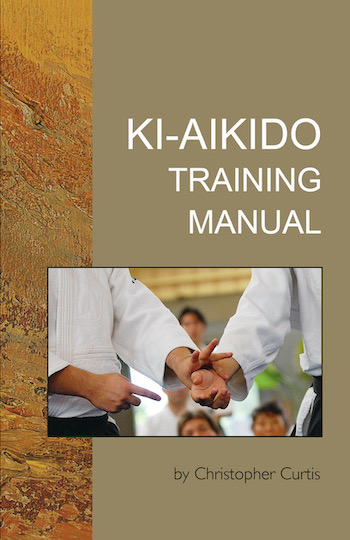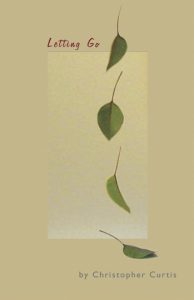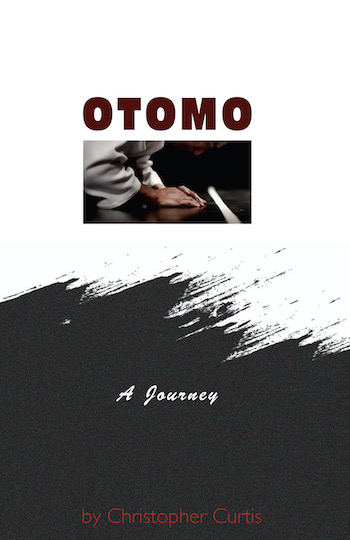
“Ki-Aikido Training Manual” is available as a paperback from Amazon, or as an ebook for Kindle.
“Ki Aikido on Maui – A Training Manual” is the source of Ki Society teaching details available in print or digital form.
This 4th edition has been revised with updated information and new material, including a new Foreword, a new Introduction; new translations of Koichi Tohei Sensei’s “Thirteen Rules for Instructors” and “The Living Principles”; guidance for applying kaisho, gyosho, and sosho training to techniques; teachings on connecting with one’s partner; detailed kyu and dan testing procedures for examiners, as well as the rank requirements from 5th kyu through 5th dan; and a new teaching on “The Meaning of Aikido.”

“Letting Go” is available as a paperback from Amazon, or as an updated ebook version: Kindle, iBook, Nook
Letting Go: Talks on Aikido is a collection of insightful, concise essays adapted from talks given by Christopher Curtis, 8th Dan, the Chief Instructor of the Hawaii Ki Federation and sensei of the renowned Maui Ki-Aikido Dojo in Wailuku, Maui. The volume covers a wide range of topics, from the basic principles and techniques of Ki-aikido to the practical ways that Ki-aikido can be applied to living a more centered, productive, and mindful life.
“Most people pursue waking up in the way they go after a new car, or a mate, or becoming CEO, as if it’s the same thing. But this is not the same. Those are temporary goals. There is nothing wrong with getting new cars and becoming CEOs, or whatever else pleases you, but don’t confuse the two. Achieving those things, we use skills that can be learned, whereas awakening does not result from education, a gathering of knowledge. This is the very highest art form: the art of letting go of doing and dropping into resting in awareness itself. This “shift” is the perfect and complete unification of all aspects of life, of truly knowing and experiencing at the same time; suddenly, waaa! It all comes together. –From Letting Go, Chapter 4

“Otomo – A Journey” is available as a paperback from Amazon, or as an ebook for Kindle.
Acting as otomo in the Maui Shunshinkan Dojo, we learn how to serve others without seeking personal credit of any kind. We are providing the kind of service that is often done in such a way as to be completely unknown to others. This can only be born out of a state of mind that is very innocent and highly developed, both at once. This condition is one of those things that, even to know everything about it, is still not to know it at all. This direct and immediate state of mind is the subject of the story. What is it like to live without it, what is it like to live knowing everything about it but still not knowing it at all, and finally directly, tenderly, audaciously connecting with it?